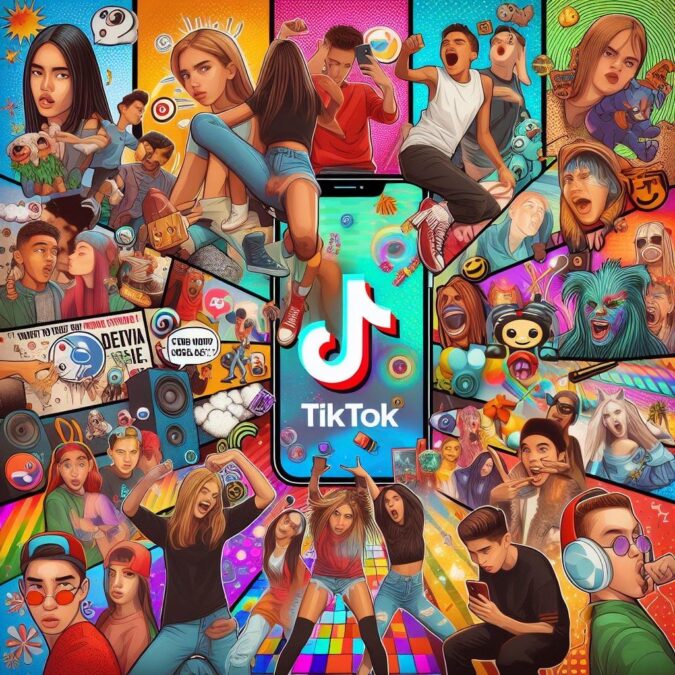In recent times, the United States has been at the forefront of a significant debate that pits technological innovation against national security concerns. At the heart of this debate is TikTok, the wildly popular social media platform that has captivated millions with its short-form video content. However, amidst its soaring popularity, TikTok has found itself embroiled in controversy, leading to discussions about a potential ban in the U.S.
The Legislative Labyrinth
The journey towards a potential TikTok ban has been a legislative labyrinth, with recent developments indicating a renewed vigor in Congress to address the issue. A House plan has emerged that seeks to intertwine legislation targeting TikTok with foreign aid, a strategic move that could expedite efforts to either force a sale or implement a ban of the app in the United States.
TikTok’s Fate Tied to Foreign Aid
In an unprecedented twist, TikTok’s fate is now linked to a foreign aid package for Ukraine and Israel. This linkage increases the likelihood of the Chinese-controlled app being banned, as the app’s future is now contingent on the passage of a broader legislative package.
The Speaker’s Gambit
Speaker Mike Johnson has played a pivotal role in this saga by wrapping a TikTok ban within a $95 billion foreign aid package. This maneuver has set the stage for what could be a decisive moment for the app’s operations in the U.S…
The Implications of a Ban
Should the proposed legislation come into effect, it would represent a significant blow to TikTok, which boasts a user base of as many as 170 million Americans. The app’s vibrant ecosystem of creators, influencers, and content consumers would face uncertainty, and the broader social media landscape would undoubtedly feel the impact. While concerns about data privacy and national security are valid, the ban would also disrupt a platform that has become an integral part of modern digital culture.
Balancing Act: Innovation vs. Security
The TikTok ban debate underscores the delicate balance between fostering technological innovation and safeguarding national interests. On one hand, TikTok has revolutionized content creation, democratizing creativity and providing a platform for diverse voices. Its algorithmic magic has propelled unknown creators to stardom, and its addictive nature has made it a staple in the lives of millions. However, the app’s Chinese ownership and data practices have raised red flags, prompting fears of potential espionage and misuse of user information.
The Geopolitical Chessboard
Beyond individual privacy concerns, the TikTok saga plays out on a geopolitical chessboard. The U.S.-China rivalry looms large, and tech companies are caught in the crossfire. The fear of foreign influence over American digital infrastructure has led to heightened scrutiny, with TikTok serving as a lightning rod. The ban would signal a clear stance on national security, but it also risks alienating a global audience and stifling innovation.
The Way Forward
As policymakers grapple with the TikTok conundrum, finding a nuanced solution is essential. Striking a balance that protects national security without stifling innovation requires thoughtful legislation, robust oversight, and international cooperation. Whether TikTok faces a ban or a forced sale, the outcome will shape the digital landscape for years to come. In this high-stakes game, the challenge lies in safeguarding both innovation and security, ensuring that the next chapter of social media unfolds responsibly and sustainably.




Comments